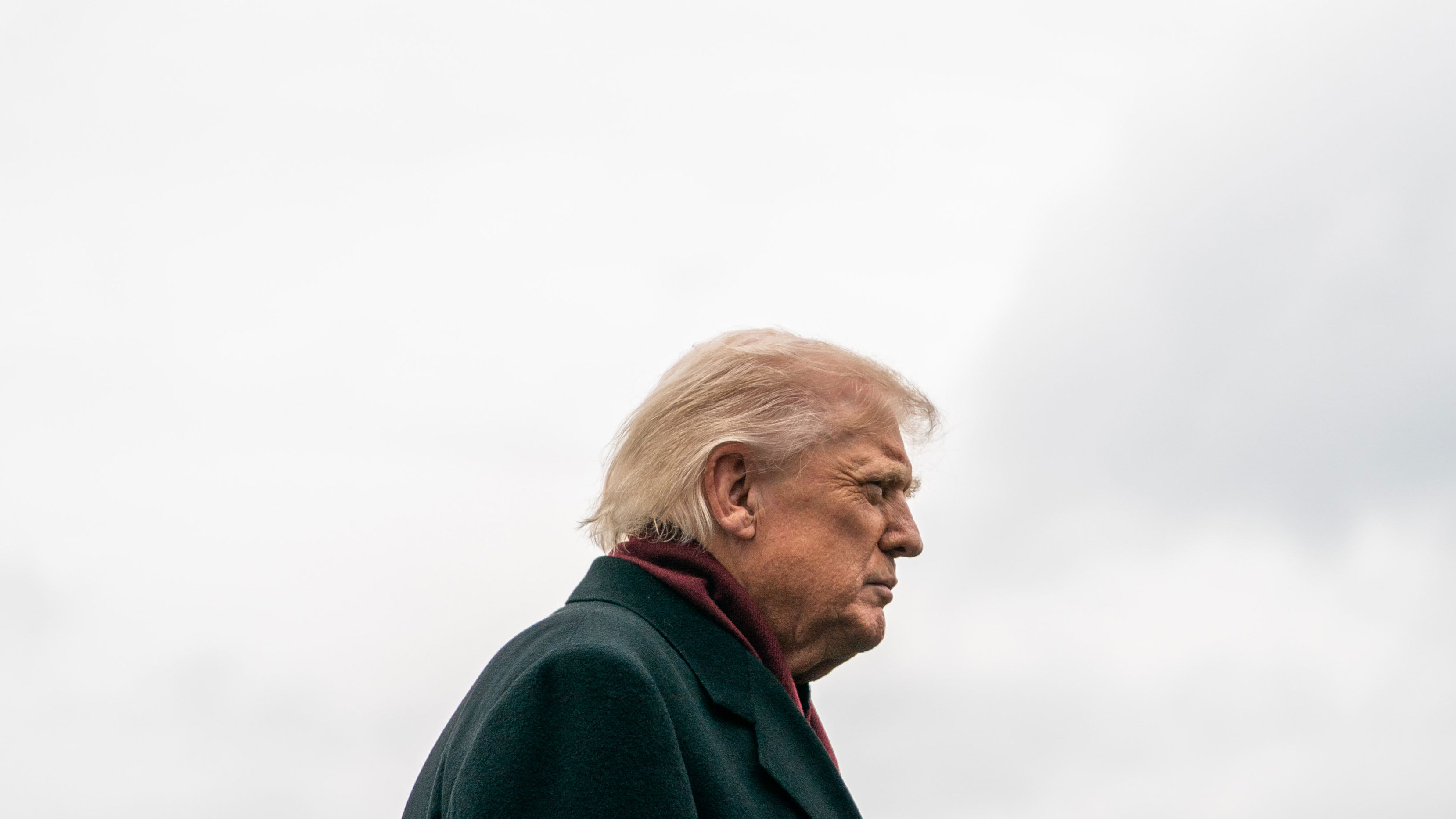Scandal tainted South African leader Jacob Zuma "recalled" by own party
JOHANNESBURG -- South Africa's ruling party said Tuesday that it had decided President Jacob Zuma must leave office.
South African media and an expert close to the ruling African National Congress said earlier that party leaders had delivered an ultimatum to Zuma, giving him 48 hours to respond to the party's order for him to resign.
If Zuma agrees to step down, then Deputy President Cyril Ramaphosa will likely become president. However, if Zuma refuses to resign he will then face a vote of no confidence in parliament next week.
Disgraced by a series of corruption scandals, although he claims he has done no wrong, Zuma still retains some support within the ruling party.
The secretary-general of the ANC said he didn't know how the scandal-tainted Zuma would respond to the party's declaration that he must leave office.
"I don't know what will happen, but let's leave it to President Jacob Zuma," Ace Magashule said.
Magashule said the ANC was looking forward to an "amicable solution" and that "it's obvious" that the party wants Deputy President Cyril Ramaphosa to succeed Zuma.
Magashule said earlier the party's national executive committee had decided to "recall" Zuma. Magashule said Zuma had previously agreed to resign but wanted to stay in office for several more months, a condition that the party committee rejected.
If it comes to a vote of no confidence in parliament, it won't be the first time Zuma has faced the hurdle. He survived a vote of no confidence -- by just over 20 votes -- in August of last year.
Despite the fact that Zuma remained president after that vote, CBS News correspondent Debora Patta said the 177-198 vote sent a strong message that there was a deep crisis within the ruling ANC, and signalled clearly that Zuma's position within the party was severely weakened.
In the 24 years of its democracy, there have been both surprises and disappointments in South African politics. There have now been eight attempts to oust Zuma from office, including three unsuccessful opposition party-led votes of no confidence even before August 2017.





